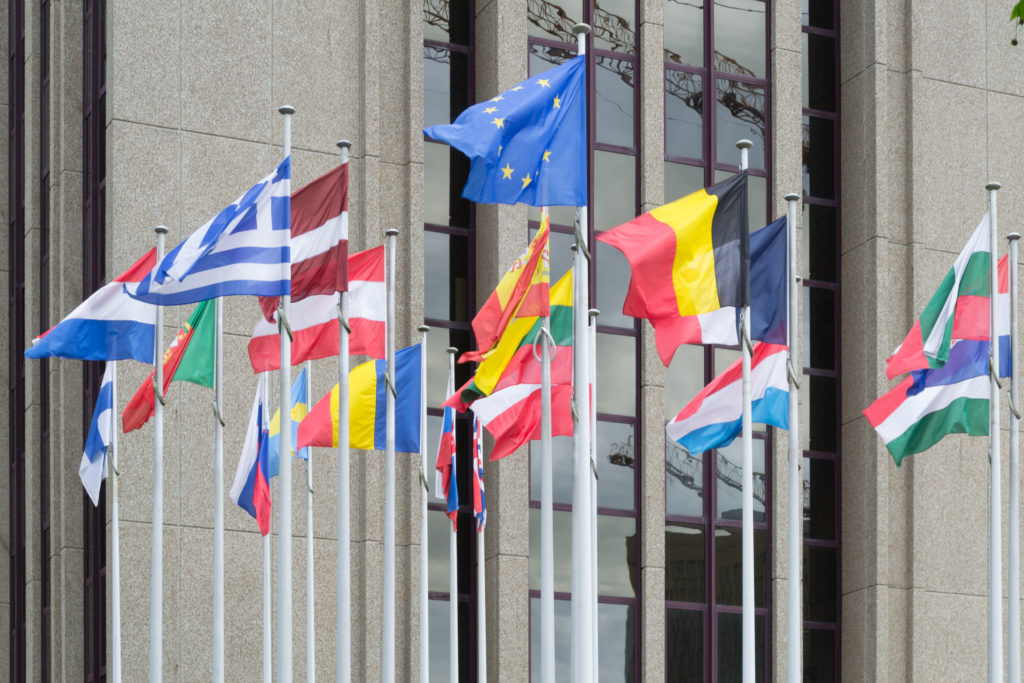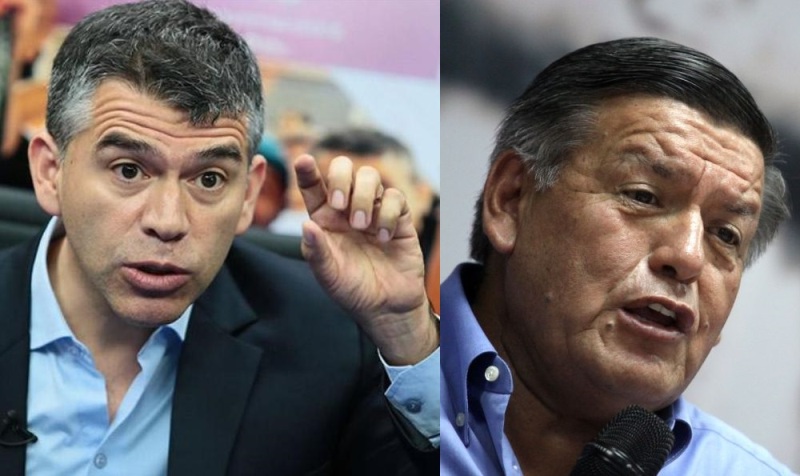Peruvian novelist Mario Vargas Llosa made waves in Spanish-language newspaper El País Saturday, claiming that feminism is literature’s strongest enemy.
In his article ‘Nuevas Inquicisiones’ (New Inquisitions) Vargas explained that literature has always had opponents. Religion, he wrote, is the first and most dangerous because it’s most steadfast proponents burned books that were contradictory to its ideology. Totalitarian systems, such as communism and fascism, also banned literature that could incite radical beliefs and behaviours. Even now, democracies attempt to restrict books, Vargas said, for moral or legal reasons. Though, he admits, at least it is possible to resist these changes. This conflictive history highlights the power of literature to change ideals and reflect society in all its multifaceted points.
Feminism has swept across the world, calling for equality in all parts of society. But some, Vargas suggested, have gone too far by trying to completely remove misogyny, prejudice and immorality from literature. He lamented that many sectors are so terrified of being labelled as woman-haters or male-chauvinists that they would quietly acquiesce to these demands. Attempts have even been made to remove ‘great’ authors such as Pablo Neruda, Javier Marías and Arturo Pérez-Reverte from school curriculums for their misogynistic content.
Rebecca Solnit, on literary website Lithub, wrote an article titled ‘80 books no woman should read’, condemning novels that had strong misogynistic themes, from how violence towards women can be eroticized by men in Black Dahlia, to how Charles Bukowski describes the thickness of ugly women’s legs in Post Office.
She also places Ernest Hemingway firmly in the no-read zone, calling him a ‘homophobic anti-semitic misogynist’, and describes how by reading these novels, we internalise the negative elements of the narrative, which causes women to belittle themselves and encourages patriarchy to thrive.
Vargas uses George Bataille’s book Literature and Evil to explain the consequences of only exposing ourselves to politically correct, moral literature.
“Literature is not innocent,” Batailles declares in the preface to his book of essays. “It is guilty, and should admit itself as so.”
Batailles, influenced by Freud, expounds that all humans are full of evil but that we hide it under the surface so that society can proceed as normal. However, this ‘bad’ inside of us doesn’t just disappear, it needs an outlet to escape. Throughout the ages, this outlet has been literature. Thanks to the relative freedom we have had in the past, great literature has been written, and this literature is an integral part of our culture and of our society.
Vladimir Nabokov’s Lolita, labelled by many as one of the best novels of the twentieth century, has a protagonist who kidnaps and sexually obsesses over a 12-year-old girl. Pedophilia, misogyny, and criminal behaviour are all themes within the novel but the conflicting, squirming mess of emotions incited by the book are a testament to the undeniable skill of the author. But do we remove this book from the public sphere in order to dissuade pedophilia, misogyny and criminal behaviour?
“Literature is the intermediary vehicle where all of the twisted and malicious elements of the human comes to life, and allows us to understand ourselves more profoundly,” Vargas explained.
If we didn’t have literature as an outlet for these malevolent emotions, then this hidden part of us would come to the surface and escape into the real world.
Elissa Straus, in the woman’s magazine Elle, wrote ‘10 misogynistic novels every woman should read’, as a direct response to Solnit’s article. She explains that reading anti-feminist novels is important because misogyny was a predominant, inescapable worldview for centuries.
“Women shouldn’t deny themselves the privilege of reading some of humanity’s best efforts to tell our stories and make sense of existence because of the inevitable misogyny we will find within it,” she wrote.
She also encourages women that reading these novels are a way for them to understand the logic of these opinions, as a recourse to better understand the enemy they are up against.
As far as books covered in school curriculums are concerned, it’s still a tricky issue. Fernando Lopez, an acclaimed Spanish author, has written many books aimed at adolescents with the main objective for them to be inclusive and relatable.
In the Hay Festival in Medellín, Colombia earlier this year, he explained how most adolescents are turned off from reading the traditionally studied novels, as they are not sufficiently applicable to their real lives, making them unable to relate to, or empathise with, the characters.
His books often cover themes such as bullying, social media and homosexuality, and aim to create characters that make people feel included. For a homosexual teenager who is exposed to numerous books throughout their education, it is impossible to avoid feeling excluded when not a single one has a gay character. For women, it is impossible not to feel marginalised when the books they are told to read have incomplete, downtrodden characters whose only recourse to better themselves is through marriage.
However, especially in this era of fake news, surely the most important thing to teach our teenage students is that context and bias are key players in literature. Reading a book from the 19th century is not the same as reading a novel written two years ago. Although the female protagonist from Tess of the D’Urbervilles had no power in society, women today do. Adolescents are fragile and impressionable, but trying to protect them from being exposed to possibly misogynistic literature is giving them less credit than they are due.
Literature is not just words on a page, it is an unstoppable force that can make us cry, laugh, rage, or feel sick with loathing. If we only created literature that presented a ‘correct’ worldview, then we are denying ourselves the range of emotions we are capable of, and an in-depth understanding of the human condition. Only by being exposed to a variety of opinions can we create our own identity, and develop individual, independent thinkers.
“Those who believe that literature can be ‘made decent’, submitting it to canons that respect the current conventions of those in power, are making a monumental error,” Vargas declared.
*The above is an opinion article and does, by no means, represent the editorial viewpoints of Peru Reports.











